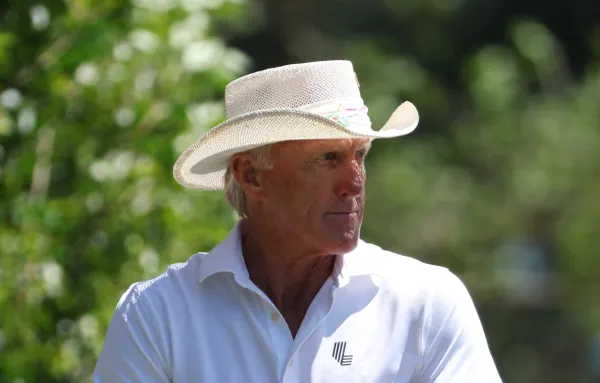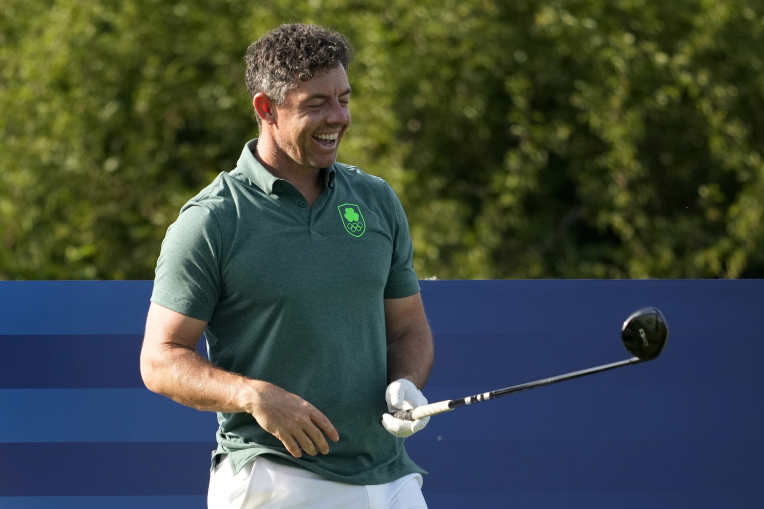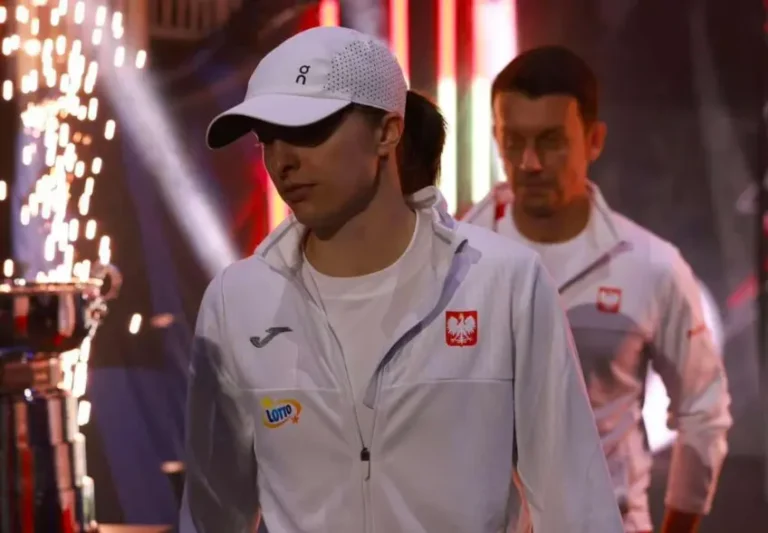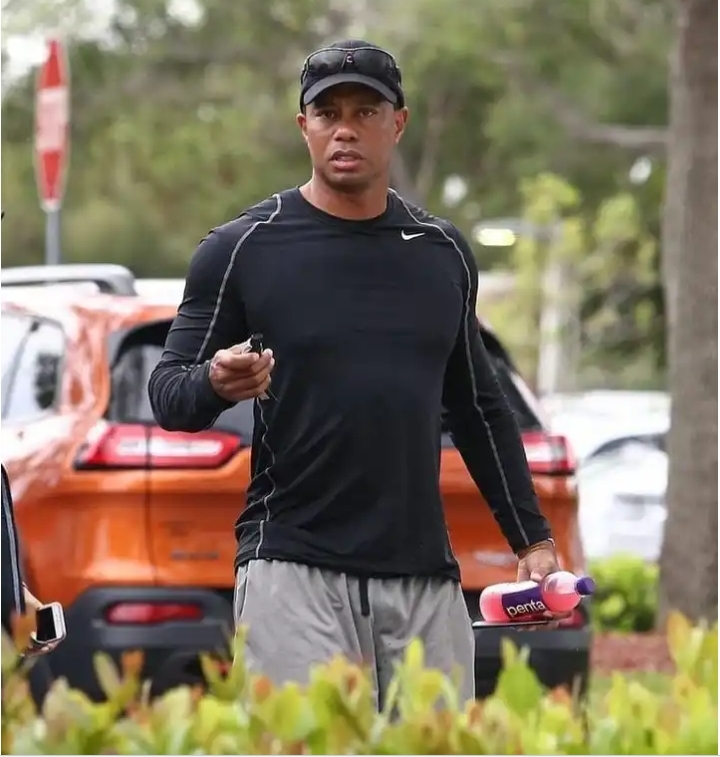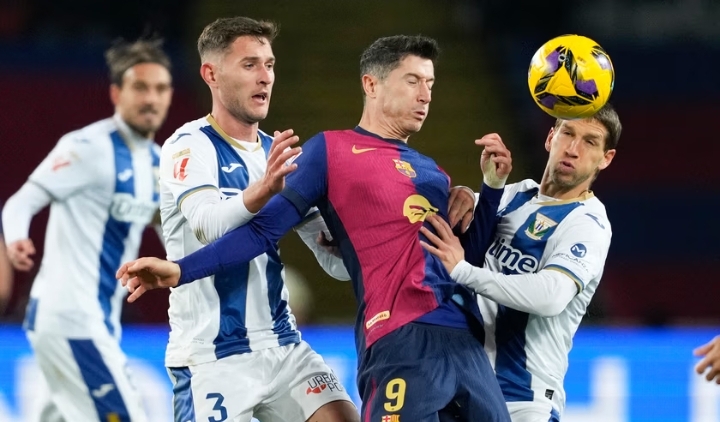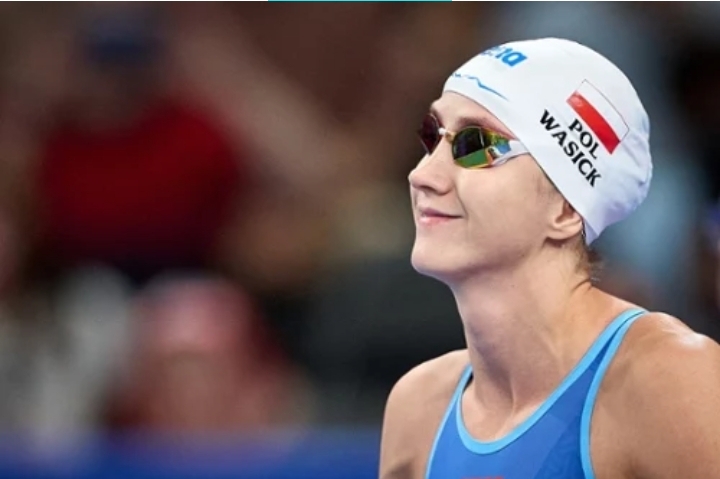Former PGA Tour Commissioner Deane Beman Exposes What Greg Norman Got Wrong About LIV Golf: A Candid Critique
Former PGA Tour Commissioner Deane Beman Exposes What Greg Norman Got Wrong About LIV Golf: A Candid Critique
Deane Beman, the iconic former commissioner of the PGA Tour, has not shied away from speaking his mind on the highly contentious LIV Golf saga, spearheaded by two-time Open champion and LIV commissioner, Greg Norman. In a revealing interview with Sports Illustrated’s Bob Harig, Beman laid out what he believes to be a series of critical miscalculations made by Norman, particularly in his promises to the players who defected to the breakaway league.
The 86-year-old Beman, who helmed the PGA Tour from 1974 to 1994, is no stranger to revolutionizing professional golf. Under his leadership, the PGA Tour blossomed into the global powerhouse it is today. So, when Beman speaks, his words carry weight. And his comments on LIV Golf? They’re nothing short of a bombshell.
“A Bill of Goods”: Beman’s Stinging Rebuke of Norman’s Promises
One of Beman’s most pointed critiques is that Norman essentially sold a fantasy to the players who chose to join LIV Golf. According to Beman, Norman pitched the idea that the breakaway tour could not only survive but thrive by directly challenging the PGA Tour in what he referred to as the “regulation of conflicting events.”
Beman explained that Norman led these players to believe that they could “defeat the Tour” on this front, and that securing the loyalty of a select group of top-tier golfers would ensure LIV Golf’s dominance. In Beman’s view, this was a gross miscalculation. He told Harig, “Greg sold them a bill of goods. He sold them on the fact that if he got a certain number of prominent players, that he wouldn’t be investing billions a year with no sign that they can even break even.”
Beman’s words resonate with a stark warning—that the financial underpinnings of LIV Golf might not be as solid as Norman and his backers had hoped. This point of view comes amid ongoing negotiations between the PGA Tour and LIV Golf’s financial backer, the Saudi Arabian Public Investment Fund (PIF), to ratify a framework agreement. The potential merger has been hotly debated in golf circles, with regulatory hurdles from the U.S. Department of Justice and internal disagreements among players adding further complications to the process.
The Reality of Superstars in Golf: “He Got That Wrong”
Beman did not hold back when addressing Norman’s faith in golf’s superstars. He argued that Norman wrongly believed that if LIV could sign the sport’s biggest names, they would automatically gain control over the industry. Beman was quick to point out that even during the eras of the most dominant players in golf—Jack Nicklaus and Tiger Woods—the PGA Tour’s success was never solely reliant on them.
“The realities are that someone like Jack in his heyday was the best player in the world and played as few tournaments as he could, and the Tour was still successful without him. It’s the same with Tiger,” Beman explained. “It’s the organization, the volunteers, and the events themselves that make the Tour successful. The ability to attract corporate sponsors who put up the money to make it all work—that’s the secret sauce. The players are important, but the system works even when the biggest stars aren’t always present.”
This sentiment from Beman underscores the idea that while superstars like Nicklaus and Woods may elevate the sport’s visibility, the true backbone of the PGA Tour’s success lies in the structure of the tour itself, the events, and the corporate relationships that fuel the machine. By contrast, LIV Golf’s focus on fewer high-profile events and players may not be sustainable in the long term.
Delayed Agreement with LIV: Is a Resolution on the Horizon?
Beman’s critiques come at a crucial time, as the golf world eagerly watches the unfolding negotiations between the PGA Tour and LIV Golf’s financial backers. The framework agreement, initially signed in June 2023, was expected to be finalized by the end of the year. However, that timeline has been thrown into question due to regulatory challenges and internal disagreements.
One of the key issues lies with the U.S. Department of Justice, which has raised antitrust concerns about the proposed merger. Furthermore, it has become increasingly clear that not all players on either side are entirely supportive of a deal. Some, like Rory McIlroy, have hinted that an agreement could be reached before the end of 2024. However, PGA Tour insiders have emphasized that there is no firm deadline for the deal, preferring to let the negotiation process unfold without the pressure of an imminent conclusion.
Recent developments suggest progress is being made. A meeting between PGA Tour commissioner Jay Monahan and PIF governor Yasir Al-Rumayyan at the Alfred Dunhill Links Championship indicated that both parties are still working toward a resolution, but no formal announcements have been made as of yet.
Beman’s Hope for Co-Existence: A Win-Win Scenario
Despite his criticisms, Beman is hopeful that a resolution can be found that benefits both the PGA Tour and LIV Golf. He explained to Harig that, in his experience, the best business deals are those where both parties come away feeling like winners.
“In any kind of business deal that I made for the Tour, I always felt the best deal was where both sides won, and there was not a winner and a loser,” Beman said. “So I think that finding a way where both sides can win is important.”
Beman’s vision of a peaceful coexistence between the PGA Tour and LIV Golf might seem idealistic to some, but his years of experience in shaping the professional golf landscape offer valuable insight. If a compromise can be reached that allows both entities to thrive, it could change the face of professional golf in a way that satisfies players, fans, sponsors, and organizers alike.
The Road Ahead for Golf
As the negotiations between the PGA Tour and LIV Golf continue, it remains to be seen whether Greg Norman’s vision for the breakaway tour will ultimately prove successful or if Deane Beman’s warnings will come to pass. What is clear is that golf is in the midst of one of its most transformative periods, with the outcome of these talks likely to shape the sport for decades to come.
For now, both sides remain engaged in a delicate dance, trying to find common ground in an increasingly complex landscape. Whether they can create the “win-win” scenario that Beman envisions remains to be seen, but one thing is certain—the world of professional golf will never be quite the same again.
